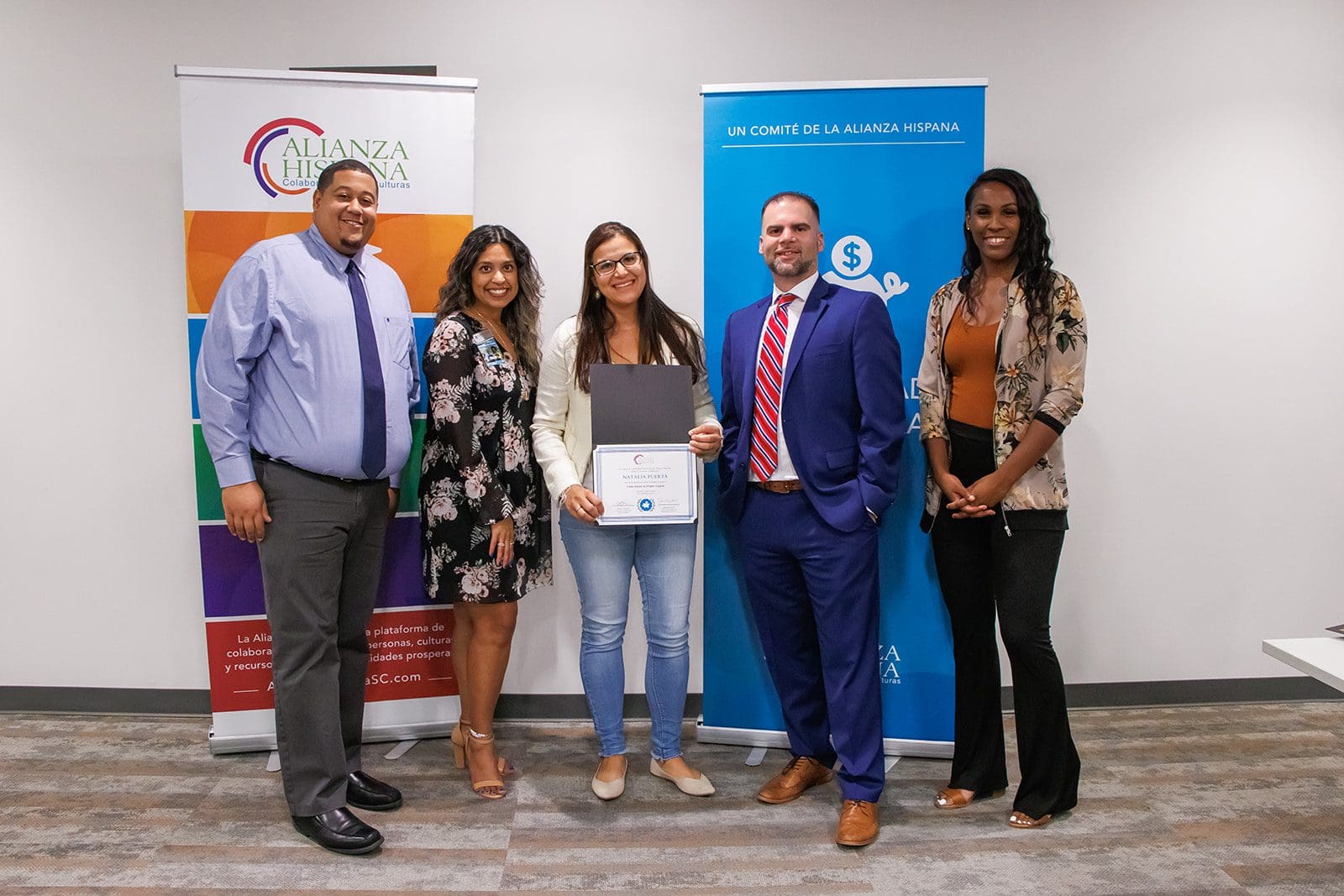
About the Licensing Bill
What is H.3211?
H.3211 is a common sense legislative proposal aimed at unlocking South Carolina’s untapped potential by removing barriers to professional licensure for individuals protected under DACA (Deferred Action for Childhood Arrivals).
This bill will allow DREAMers—young immigrants brought to the U.S. as children—to apply their education and skills in licensed professions, filling critical workforce gaps in healthcare, education, and skilled trades.
The one-sentence piece of legislation will empower those with federally authorized work status to better contribute to local economies.

Why Do We Need H.3211?
Despite completing higher education or possessing the skills necessary to excel in critical industries, these individuals are barred from applying for professional licenses due to their immigration status.
This is not just an issue of fairness—South Carolina is experiencing significant workforce shortages. Fields like nursing, teaching, and skilled trades are struggling to find qualified professionals, while DREAMers with the required qualifications are forced into lower-paying, lower-skill jobs.
- 17% of South Carolina’s workforce is employed in licensed fields, yet DACA recipients are excluded.
- $67.7 million in potential annual economic output is lost due to these barriers.
- 947 new jobs could be created statewide if DREAMers were allowed to contribute fully.
BILL HISTORY & EVOLUTION
2023 - 2024
2024 - 2025
2025 - 2026
What Will H.3211 Do?
- Allow Access to Professional Licensure: Qualified DACA recipients will be able to apply for licenses in fields such as nursing, teaching, engineering, real estate, and other skilled professions
- Address Workforce Shortages: By enabling DREAMers to enter licensed professions, the bill alleviates critical gaps in industries essential to South Carolina’s growth.
- Strengthen the Economy: DREAMers currently underemployed in low-paying jobs will have the opportunity to contribute to high-demand sectors, driving economic growth and increasing state tax revenue.

